Dum Laga Ke Haisha
Dum Laga Ke Haisha : Movie Review
Rating : 4 & 1/2 stars out of 5 : Outstanding (a disconnected dishonest finale still cannot undermine the overall merit of this natural and remarkably sprightly picture)
2015, Hindi (English subtitles avilable)
Writer-Director : Sharat Katariya
Several missed opportunities elapsed before I could finally get around to watching this film of fascinating premise, and seldom has so protracted a wait give me such rich movie-watching dividends. Dum Laga Ke Haisha ( "Heavo-ho! Carry that load" to quote directly from the film's excellent subtitles) is a title that sounds like it is going to be a flippant ride but this film is not a romantic comedy that it is cunningly promoted to be - its nuances are far more meaningful than what is permitted within the scope of a comedy. Sharat Katariya , who has both written and directed this film, has accomplished what very few of his compatriots have done : crafting a socially incisive beaut that is smoothly studded with as many serious moments as deftly lighter ones.
Every time one thinks it will eventually kow-tow to good ol' compromise , the film's delightfully life-like characters lash back and bare their true colours. It is only the climax that rings false (but that too in a way that is minimally discordant) but please remember this is produced by a big studio - Yash Raj Films whose parental roots can be traced back to productions like Yash Chopra's Silsila (1981). That film - very different but structurally similar to this one - was also a riveting watch leading up to an eventual betrayal to the viewer - so you see, the same thing happens generation after generation.
Cut to plot : It is 1995 in Haridwar made beautiful by the artful camerawork of Manu Anand. Prem (Ayushmann Khurana) is a handsome young man who's in charge of a cassette shop that will soon give way to the era of CDs. This time of flux is also mirrored in Prem's last days of bachelorhood. His father (an excellent Sanjay Mishra) terrorizes his son into marriage with an obese woman despite Prem's loud protests. His wife Sandhya (Bhumi Pednekar) is a sweet-hearted girl whose womanly charms would have received much better scope if she was twenty-five kilos lighter but the reality is that she's not. Prem ignores her very often, tries to hide her from his social circle and eventually reaches a flashpoint through a series of loud public scandals at which point Sandhya, who has been patient and understanding all along, is so upset with his rejection of their marriage that she files for divorce. The court accedes but asks for six months of their marital life to elapse before it is done.
The film is more direct and blunt than yesteryear Hindi films which showed a similarly woebegone husband , and DLH is all the better for it because its cheek and shameless vigour unearths truths that the former films neither had the gumption nor the talent for. A scene of implied sexual intercourse acquires unexpectedly bawdy shades that are nevertheless delightfully wicked. Prem is no silently suffering martyr and his friends are not the wise caring types who will adroitly support him through these trying times. He violently reacts to their insensitivity with shocking declarations that though nakedly true, disqualify him resoundingly from gentlemanliness. The RSS-like youth club he attends for physical training and boy-scout ethics is shown with expertly restrained humour. When Prem doesn't quite get the support he craves from his instructor , he creams the latter in a fusillade that sports certain startling revelations.
Sandhya remains a remarkable young lady. She tries her best to live with her family, and to gently romance her husband but the more we look at this largely honest story with an unadorned clear prism of life as we have seen it , we realize this is a doomed marriage. The determined "adjustment" that many Indians especially the elders so love to advocate, progressively gnaws at Sandhya. She is sweet no doubt but she is equally true to heart and tolerates no bosh-'n'-double standards but her in-laws lack the same caliber and depth of personality. The father-in-law is always polite to her, but his wife and sister are, to use a polite word, bitches who get their just desserts from the no-nonsense daughter-in-law. Sandhya bravely tries to balance her domestic duties with her role as a teacher, but her husband dislikes her as a wife no matter what spin the story-writers eventually put on. I'm not saying obese young ladies like her are doomed conjugally , but that they are infinitely better off with husbands who set no special store by their wife's physical attributes.
Our "hero" and the deeper facets of his sorry mental state are vivified indirectly through a keen gaze at his doings . After the fiasco of his rocky marriage he resolves to re-take his high-school finals, and in particular that darned English exam which he never passed. We may think that he will muster all his resolve and grey matter now at long last to tackle that matriculation, matrimonial faliure notwithstanding. What he eventually inks on his exam paper however, attests more truly to what he is, than a glorious hope of what he could be.
Prem's family adds to the circus. His father , despite his several endearing shades, is still a domineering moron who coerces his son into a disastrous union. There are two senior women in the house neither of whom have the brains or the heart to support their young ward in declining an alliance he clearly hates. I personally regard divorce as a terrible last-resort eventuality (separation from one's spouse ranks amongst the highest in world-wide trauma scores) but when divorce proceedings in this film eventually slam in, I saw it as a therapeutic exercise akin to a dip in the holy waters of this story's town, because it seeks to exorcise the madness swirling before. When the mother-in-laws of both sides meet, they fall into each others arms crying, and Prem's father later persuades Sandhya, like how one does with a child, by using a soft apologetic mollifying tone, to return home from the divorce court. The marriage, to start with, is brazenly rushed into, and later the attempts to remove the spouses from this mutual trauma, are brushed away with this parental upwelling of emotion. So family togetherness - however artificial it may seem - reigns repeatedly supreme while individual choice is routinely slaughtered. This central systemic conceit that throbs through the disturbed heart of DLH is exactly what has killed countless marriages and lives in India down the millennia.
Later , we witness much respite and honesty when Prem consoles Sandhya that she will eventually find a man who will give her the love and respect she deserves. Sandhya replies that she had hoped to find those things in this marriage itself - there is a trace of lingering hope in that statement but we also realize she will be strong and spunky enough to weather the demise of this marriage. Their performances are faultless. Bhumi Pednekar in real life gained and lost a remarkable amount of weight for this film - an inspiration to those who struggle with cellulite. Like an experienced effortless thespian, Pednekar essays Sandhya as a young lady whose sweet temperament is unbreakably married to a stout heart that can withstand the societal taunts at her bulk. Ayushmann Khurana is no less accomplished - hurt, humiliation and rage relentlessly swim beneath his troubled visage. When he lashes out , the anger is palpable and when he breaks down, sympathy springs forth naturally.
This perfect dramaturgy extends through the entire cast and is complimented by a smacking good screenplay and fine technical values. Katariya composes dialogue that blends chaste Hindi with unchaste argot to produce lines that are alive and kicking. Apart from the high-quality visuals mentioned before, Namrata Rao's editing is a crisp asset, and Andrea Guerra's background score has that classic Euro-restraint but ultimately crafts no special symphony. Songs by Anu Malik deserve the mention of only one composition - 'Yeh Moh Moh Ke Dhaage' - elements of its sparkling melody recall Ismail Darbar's "Jhonka Hawa ka" but there is no doubt whatsoever in the singing by Monali Thakur whose exquisitely beautiful rendition rivals the best of Shreya Ghoshal and Madhushree.
Dum Laga ke Haisha essays a painfully honest journey till its eventual moral cop-out - compare and contrast this 2015 film with another from the same Hindi industry like 2014's 'Queen' : it also has a genuine beginning which then candy-flosses its way towards a climax that is thankfully bold in its moral choice. But I liked DLH much more than 'Queen' despite the fact that the former lacks the latter's thematically genuine ending. The difference 'lies' in virtuoso story-telling.
UPN
UPNWORLD welcomes your comments.

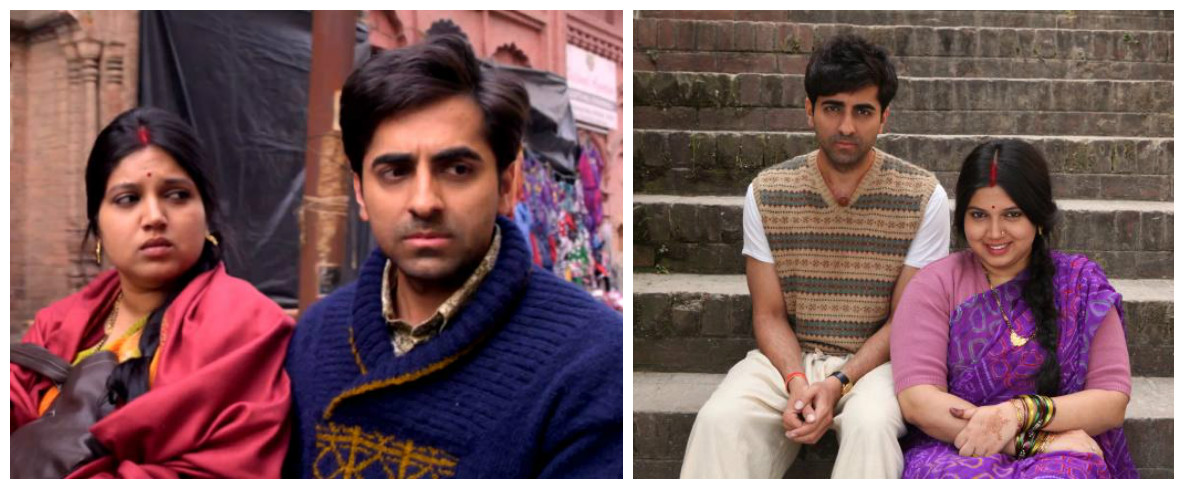
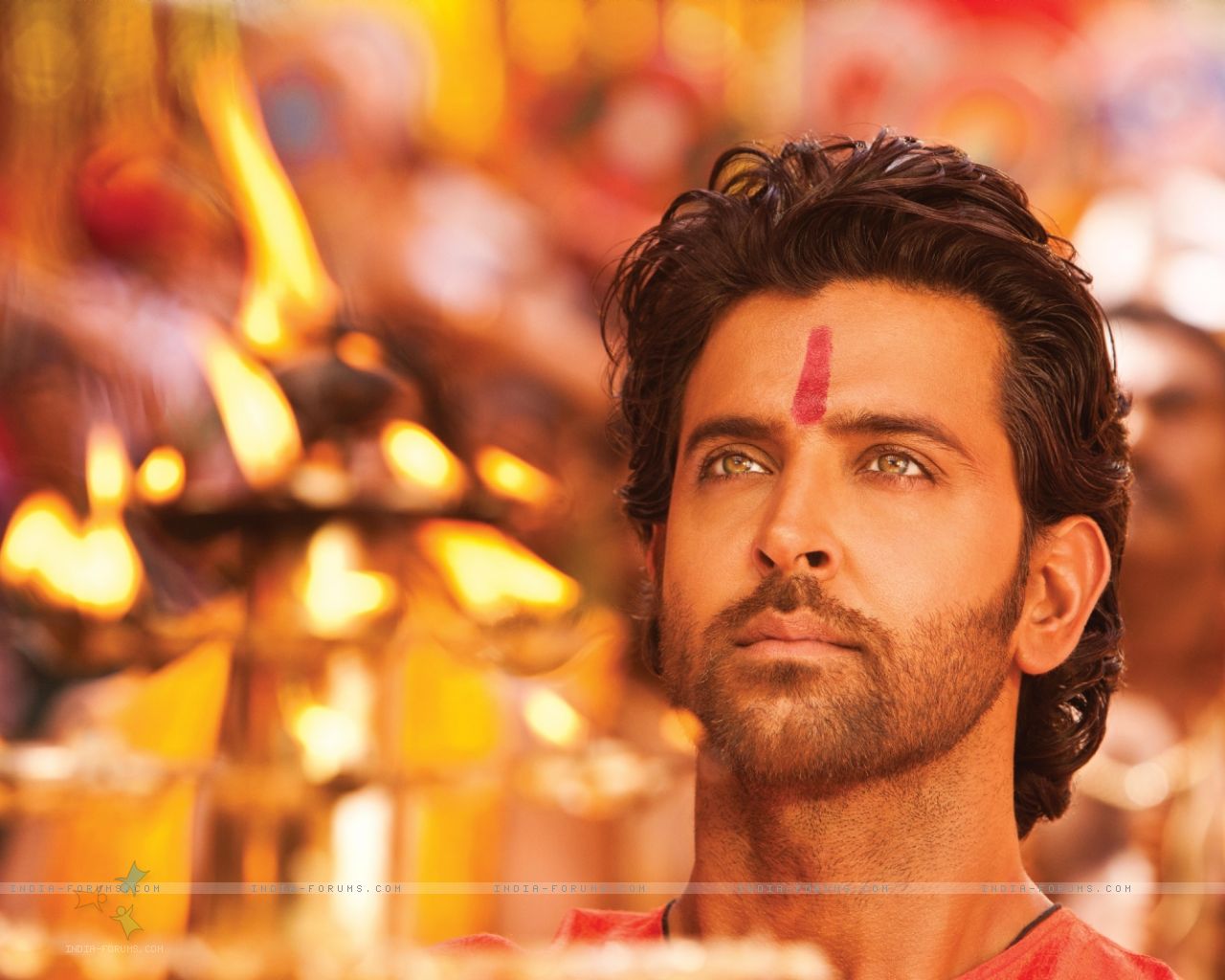
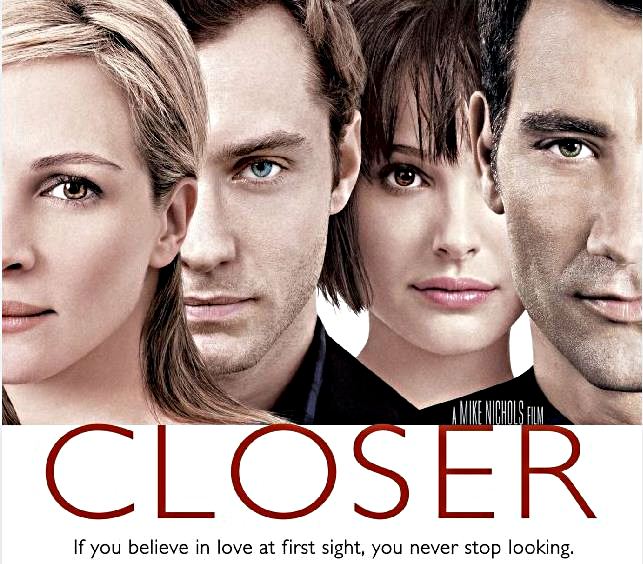
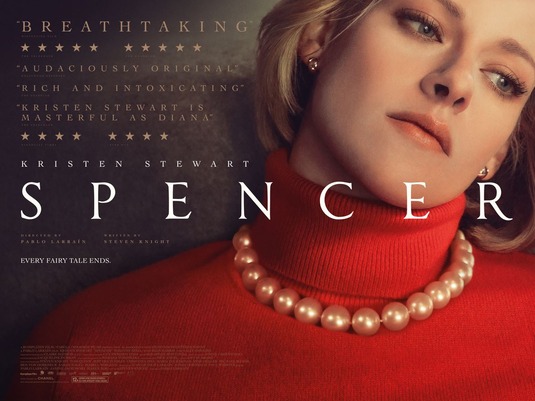
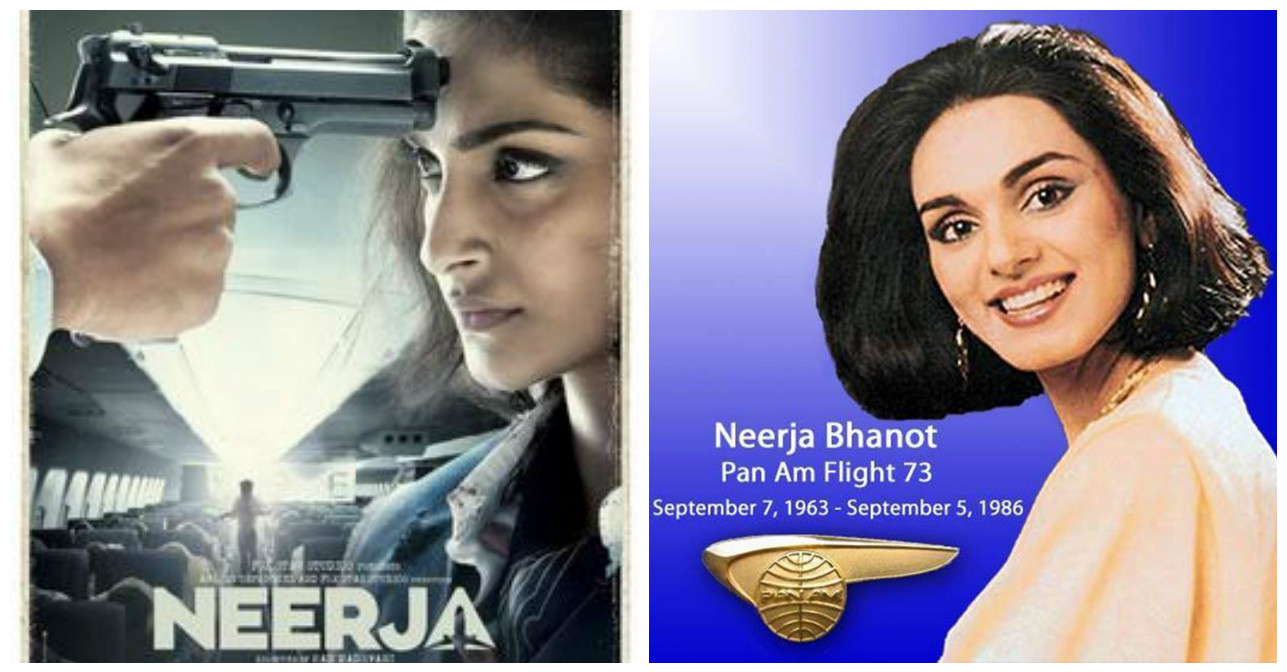




0 COMMENTS
WRITE COMMENT